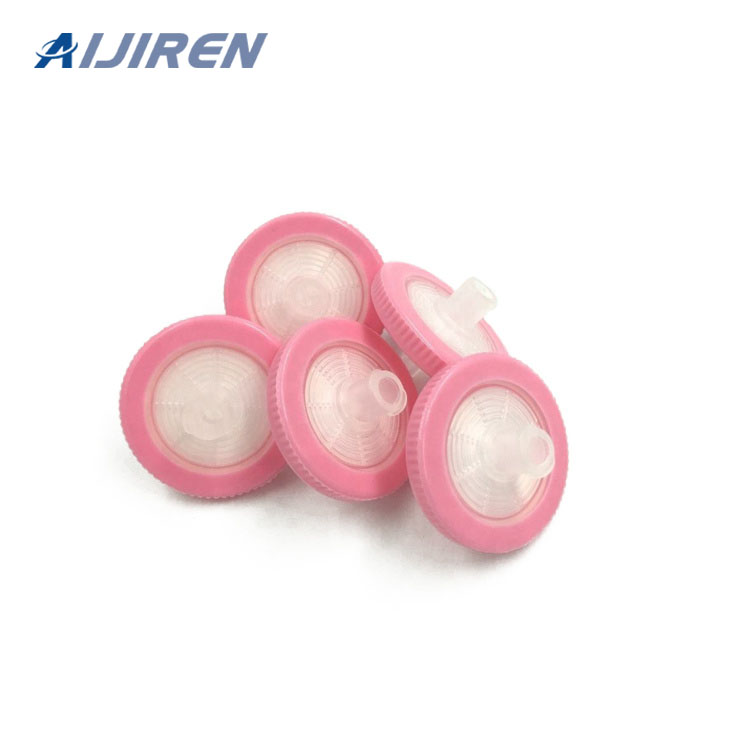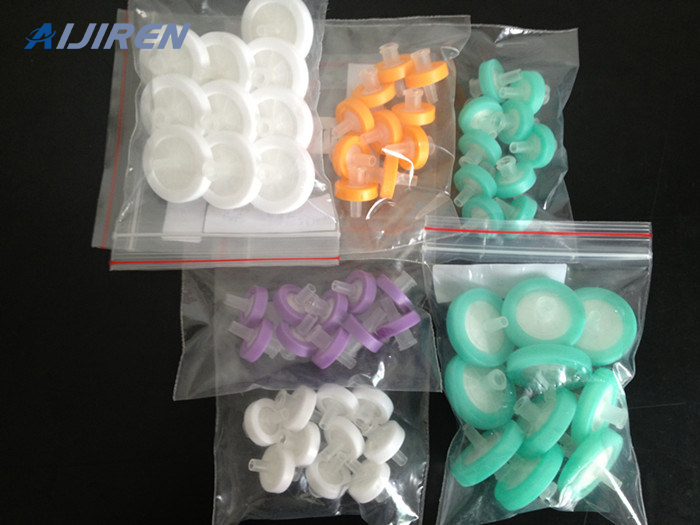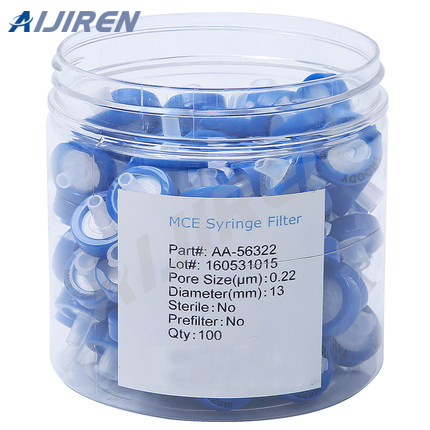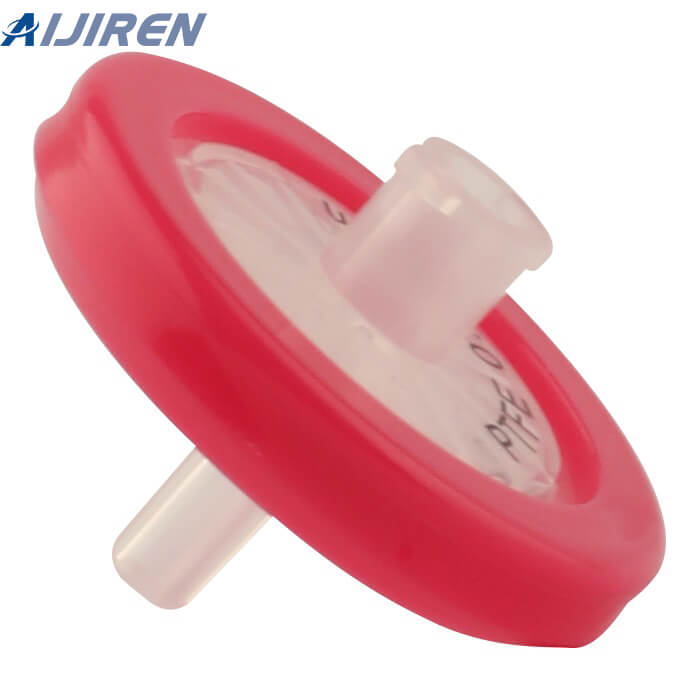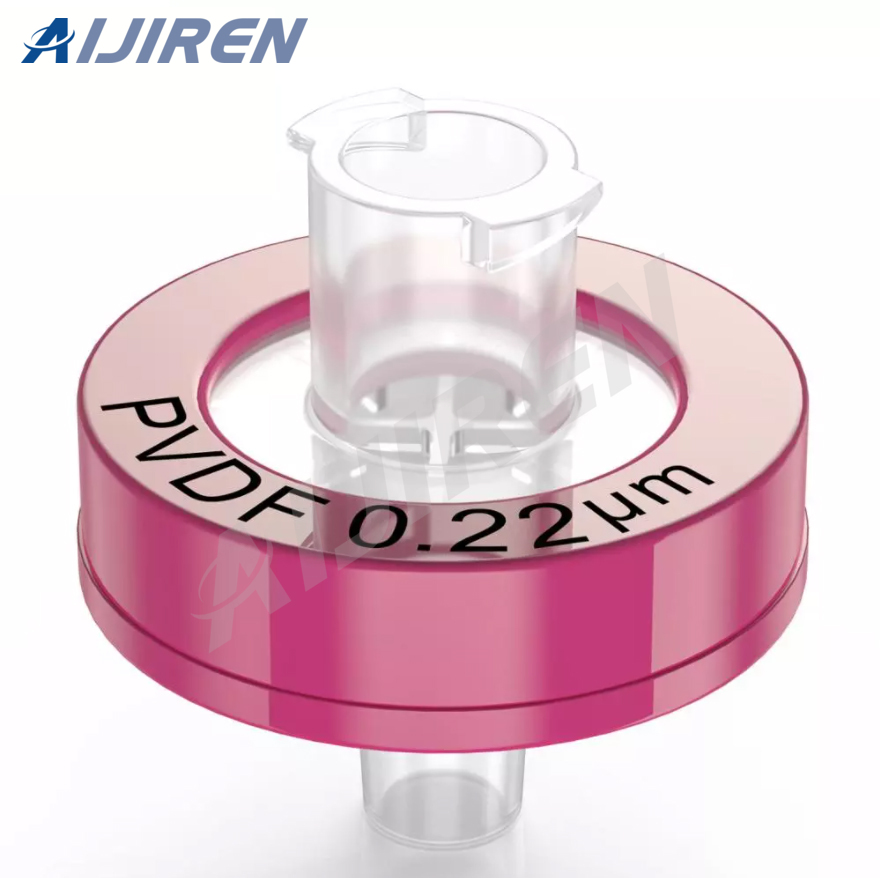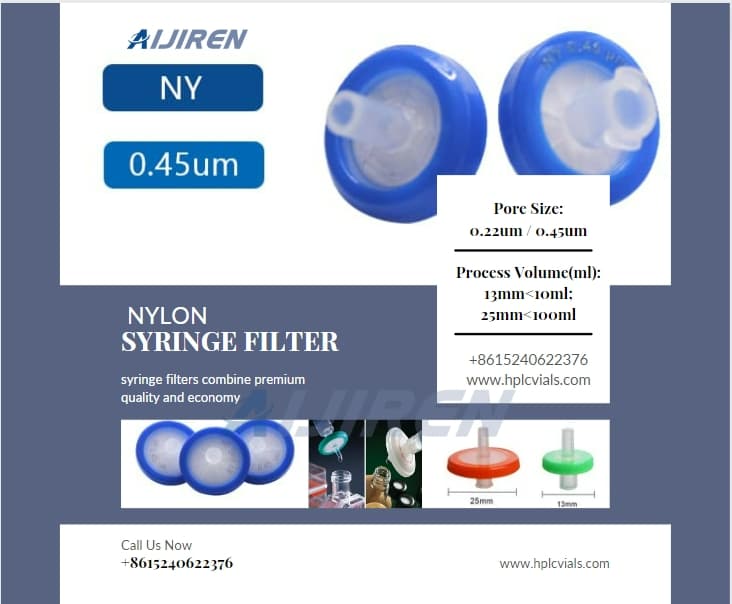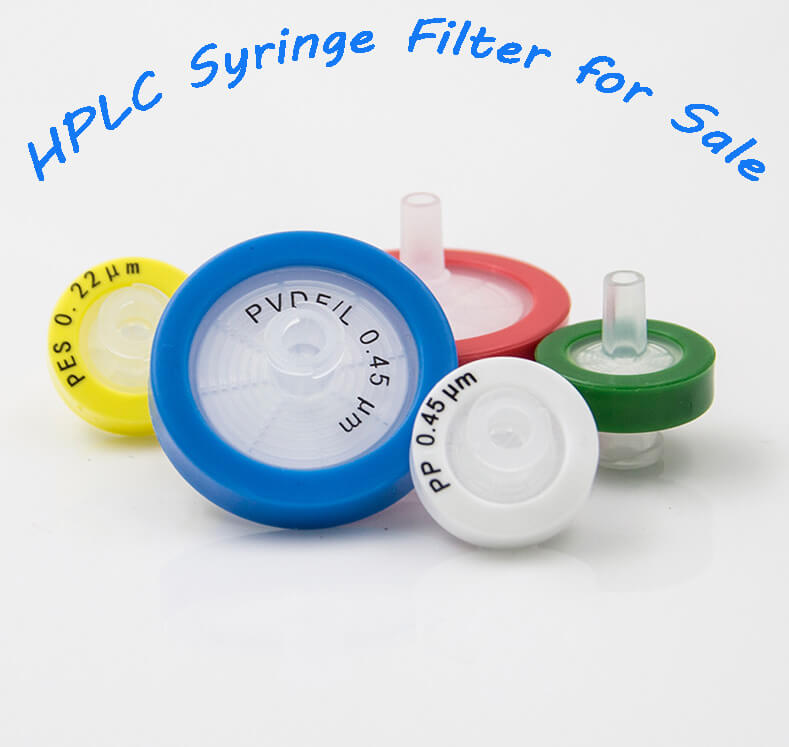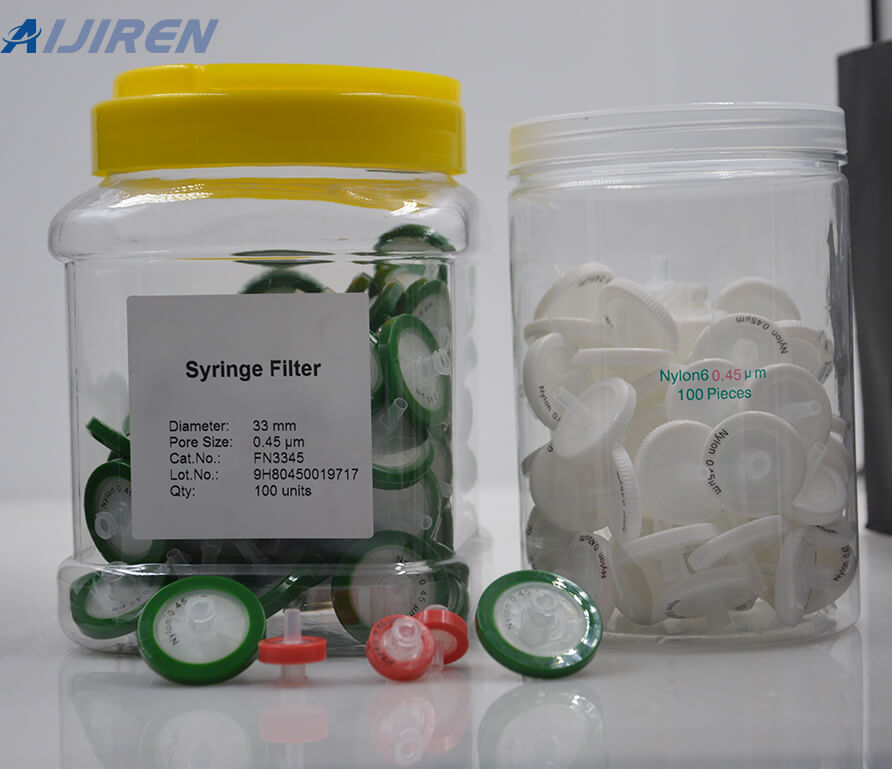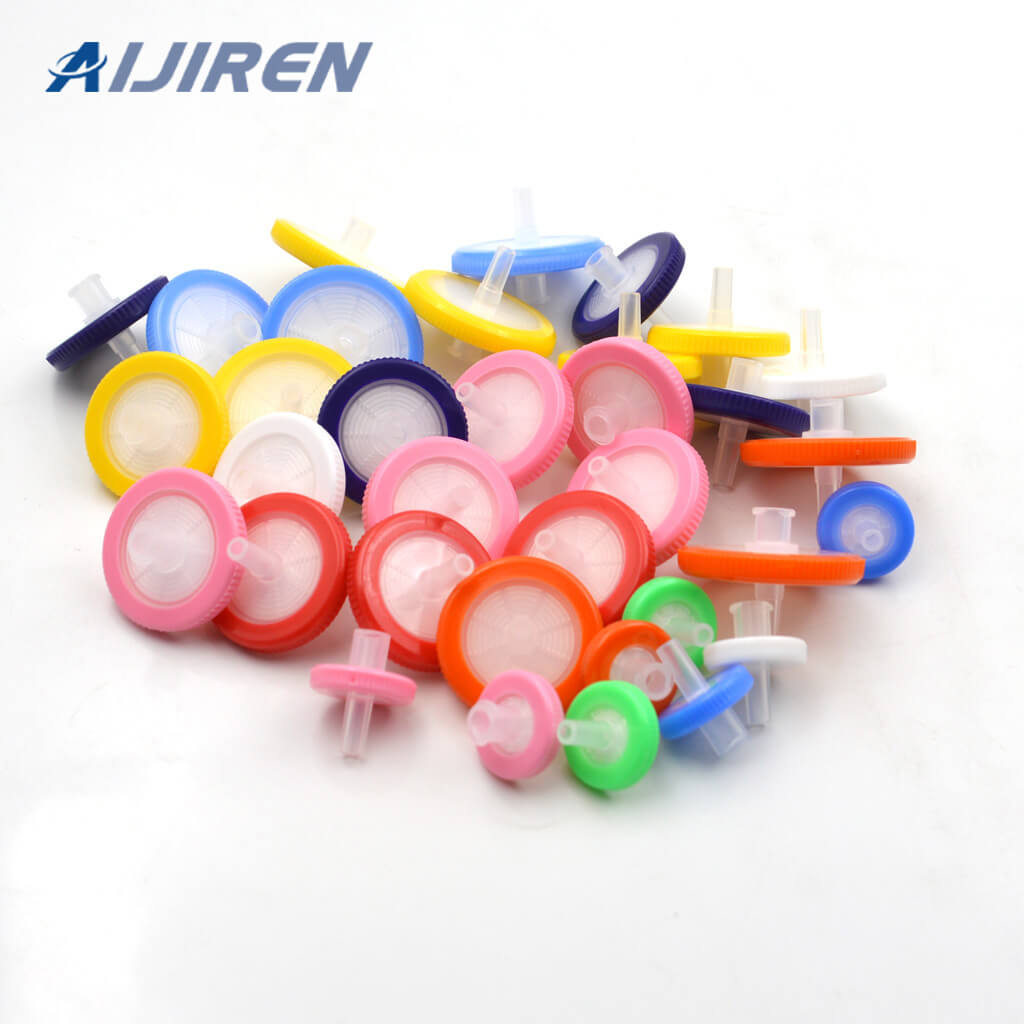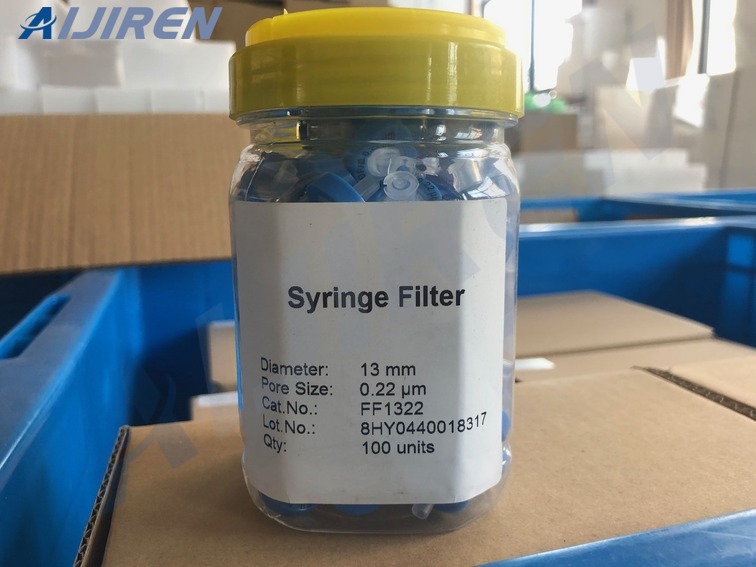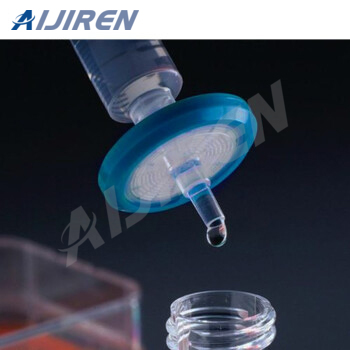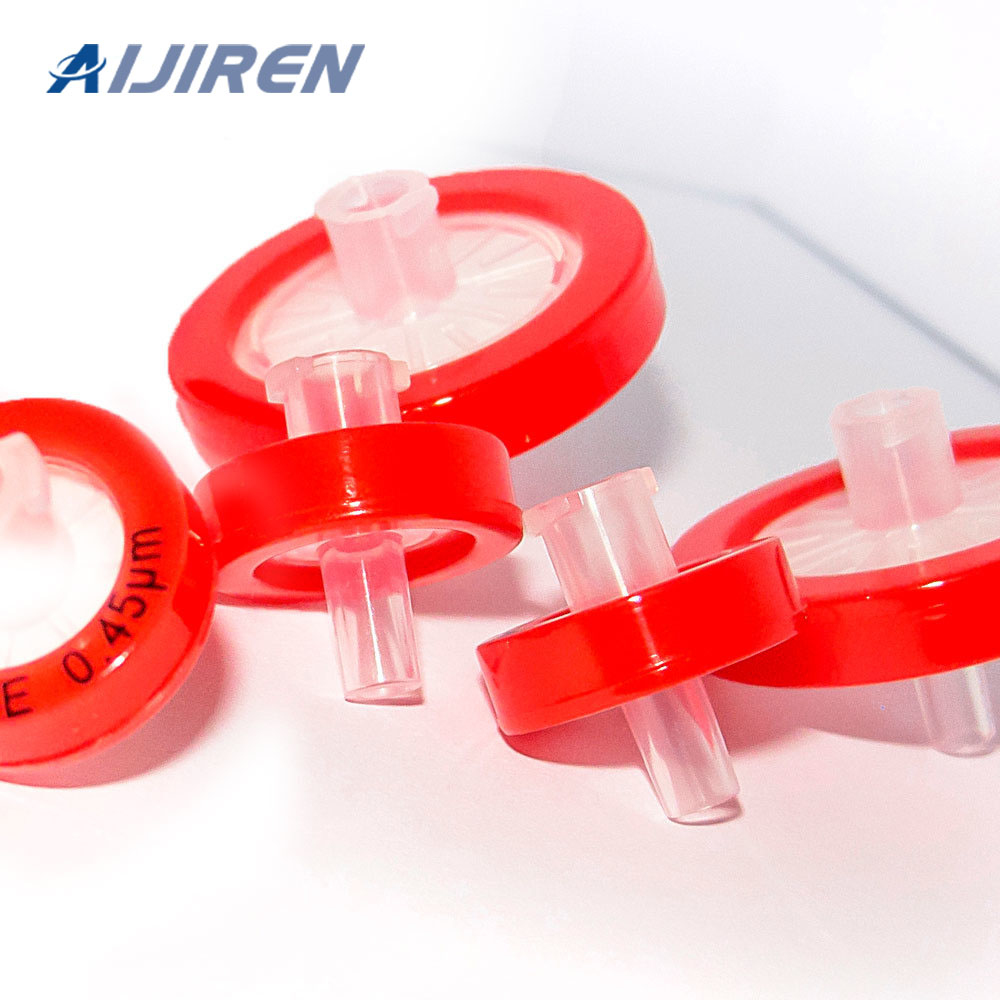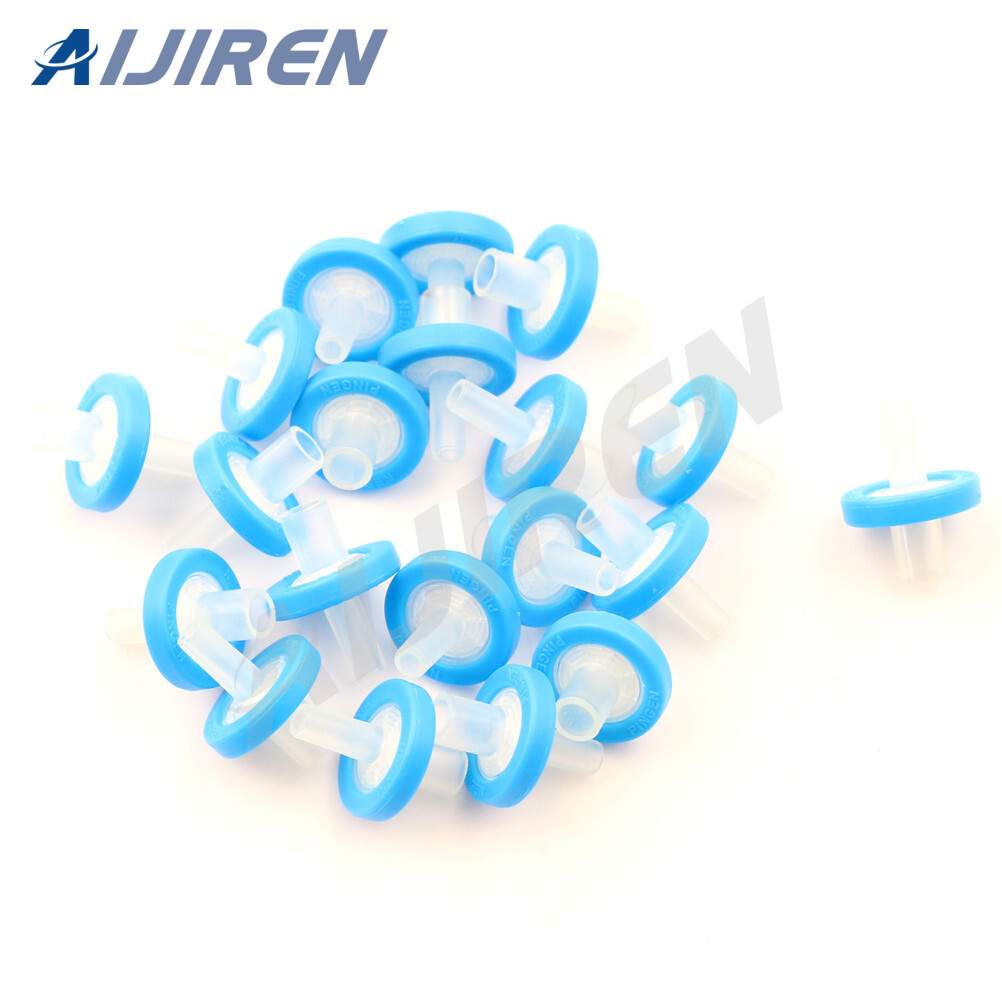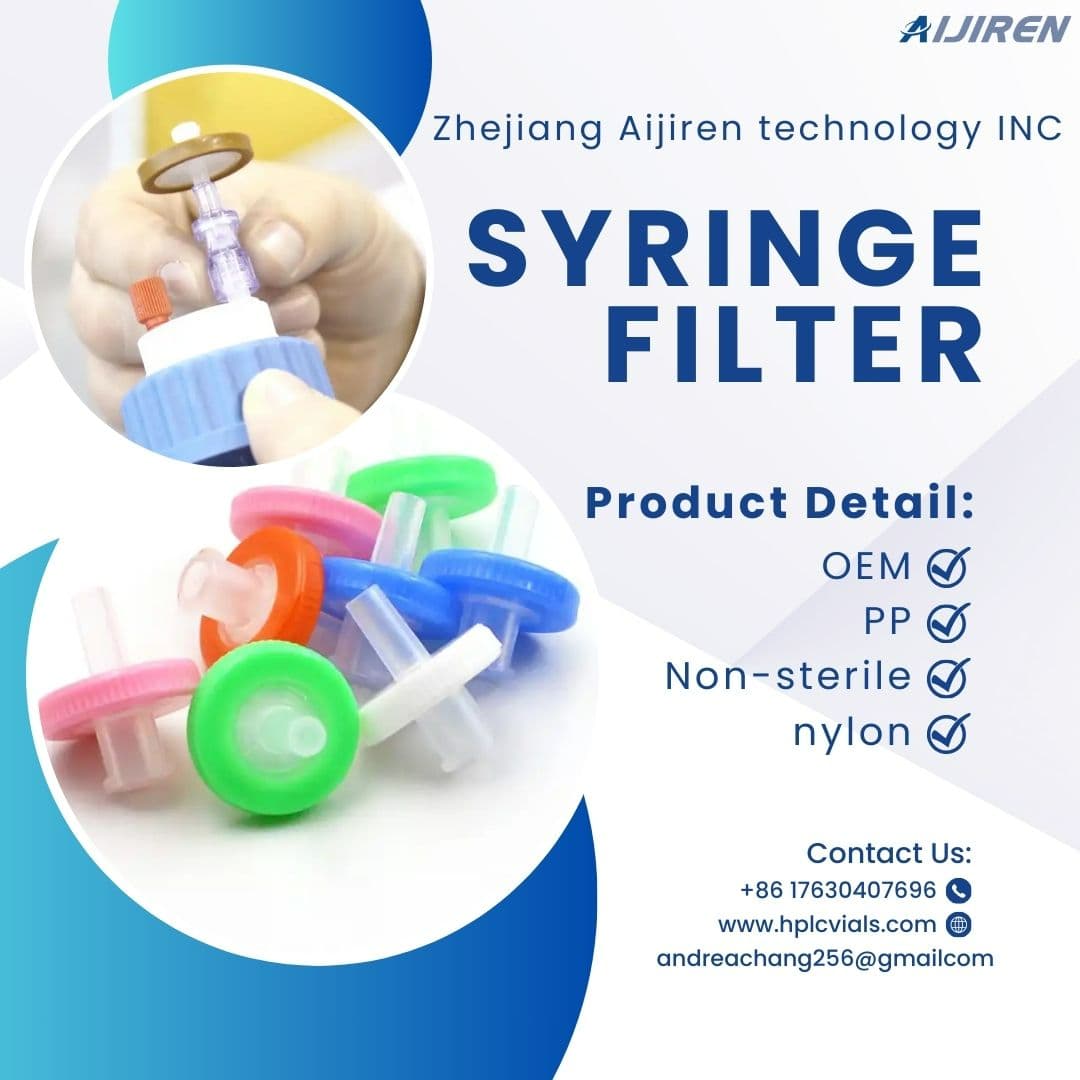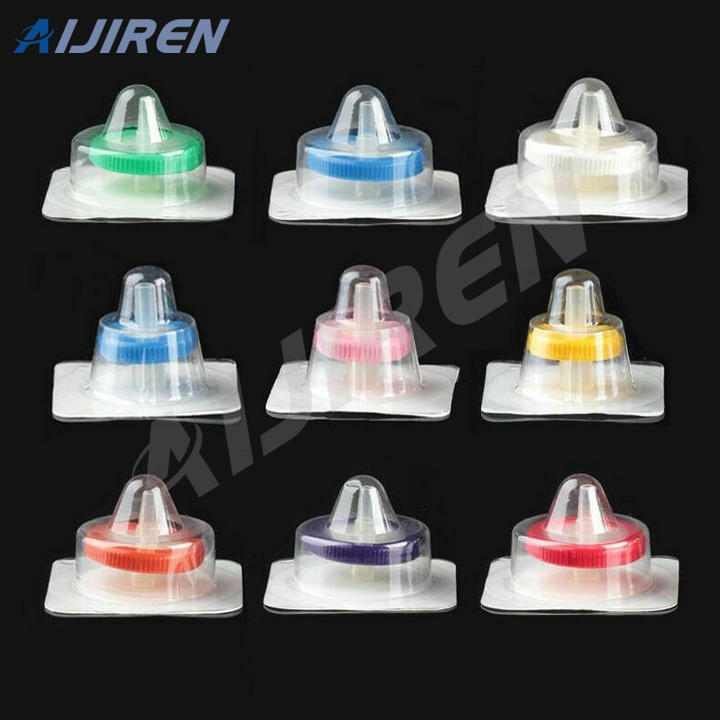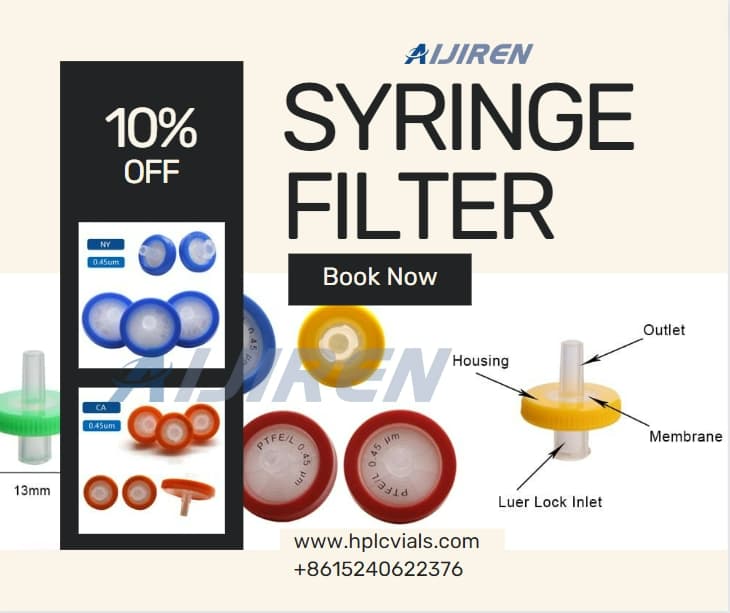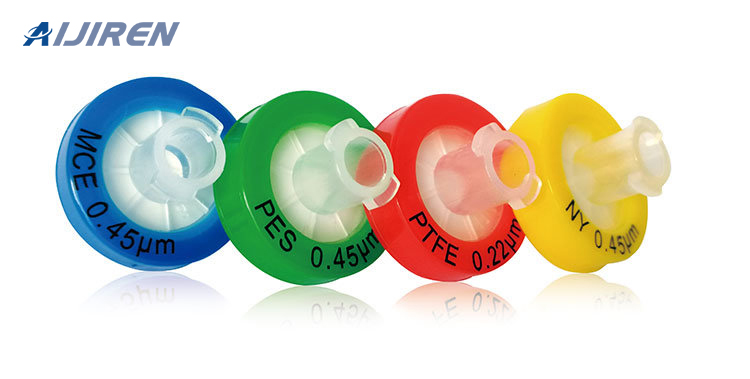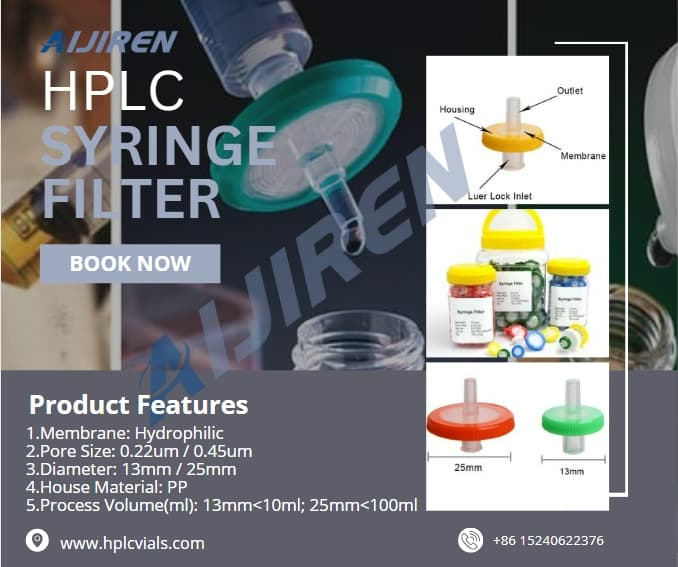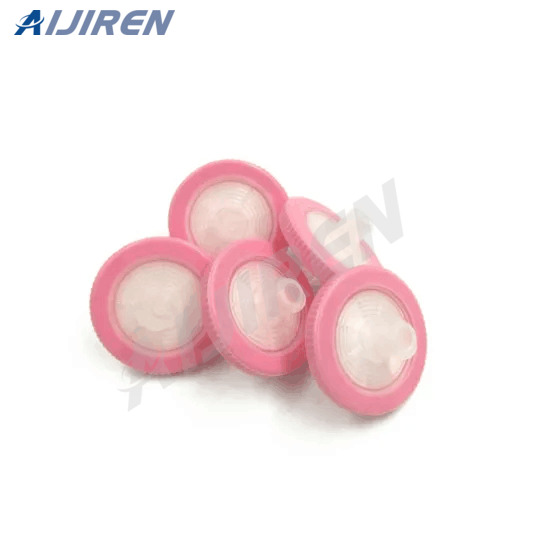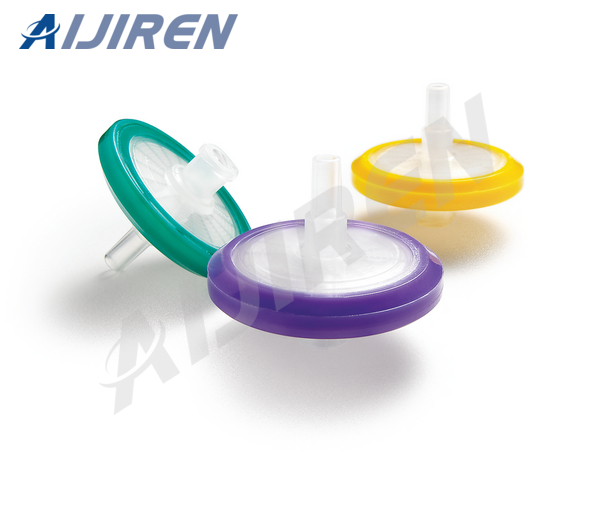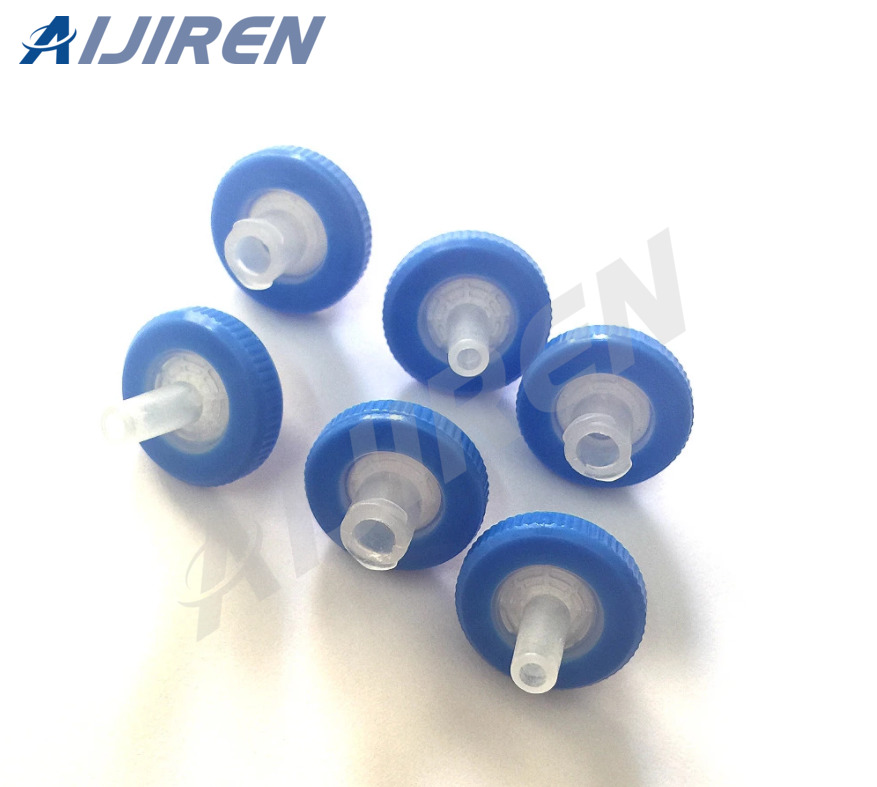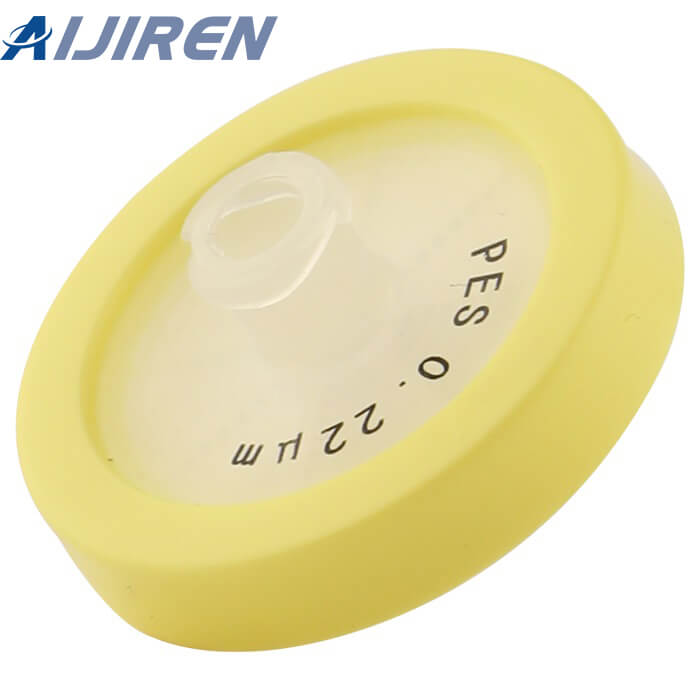China 0.22μm Micron Syringe Filter for Supply
Advantages of 0.22 Micron Syringe Filters
Efficiency
The 0.22 micron pore size offers an excellent balance between filtration efficiency and flow rate. It’s small enough to remove most bacte...
Contact US
Get Price
Share:
Content
Advantages of 0.22 Micron Syringe Filters
Efficiency
The 0.22 micron pore size offers an excellent balance between filtration efficiency and flow rate. It’s small enough to remove most bacteria and particles that could interfere with analyses, yet large enough to allow reasonable flow rates for most applications.Versatility
These filters can be used with a wide range of aqueous and organic solutions, making them versatile tools in many laboratory settings. Different membrane materials are available to suit various chemical compatibilities.Convenience
Syringe filters are designed for ease of use. They can be quickly attached to a syringe, allowing for rapid filtration of small volumes without the need for more complex filtration setups.Cost-Effectiveness
As single-use devices, 0.22 micron syringe filters eliminate the need for cleaning and reduce the risk of cross-contamination between samples. This can save time and reduce overall costs in busy laboratory environments.Considerations When Using 0.22 Micron Syringe Filter
Sample Volume
The 0.22 micron pore size is generally suitable for smaller sample volumes. For larger volumes or samples with high particulate content, pre-filtration with a larger pore size filter may be necessary to prevent clogging.Membrane Material
The choice of membrane material is crucial and depends on the nature of the sample being filtered. Common materials include cellulose acetate, nylon, PTFE, and PES, each with different chemical compatibilities and protein binding properties.Pressure Limitations
Care must be taken not to apply excessive pressure when using syringe filters, as this could cause the filter housing to burst. If significant backpressure is encountered, it may indicate that the filter is clogged and needs to be replaced.Sterility Considerations
For applications requiring sterile filtration, it’s important to use filters that have been sterilized (typically by gamma irradiation or ethylene oxide treatment) and to handle them aseptically to maintain sterility.
Inquiry
More Syringe filter

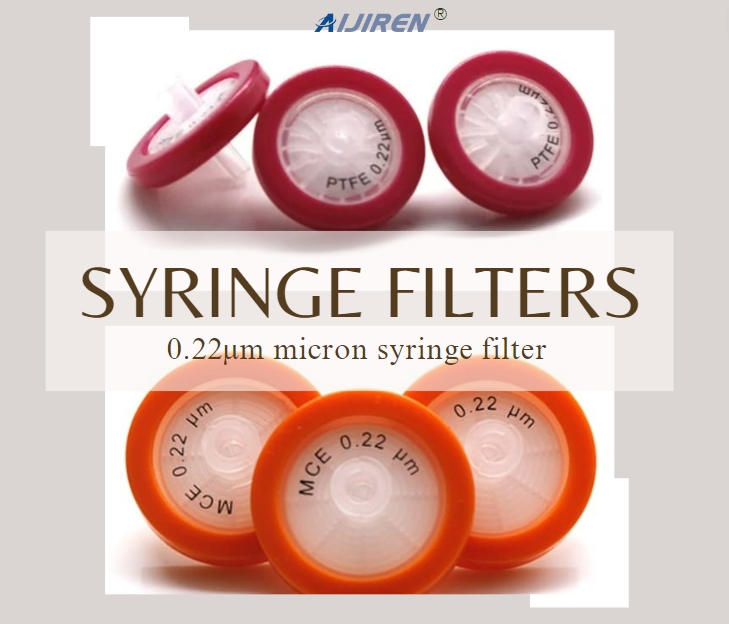
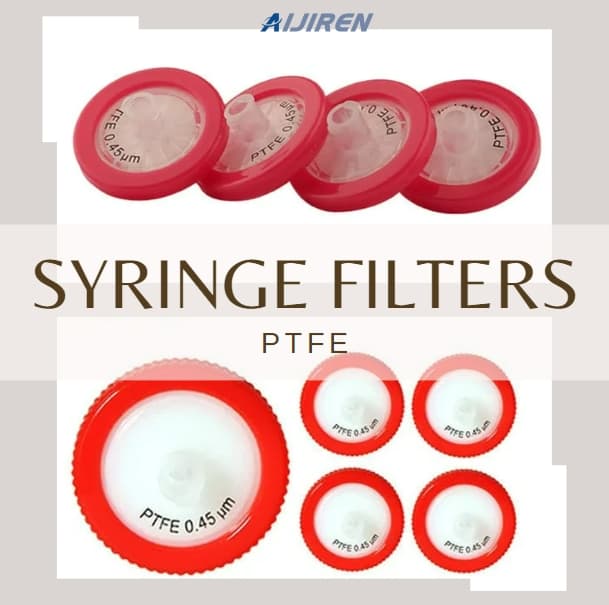
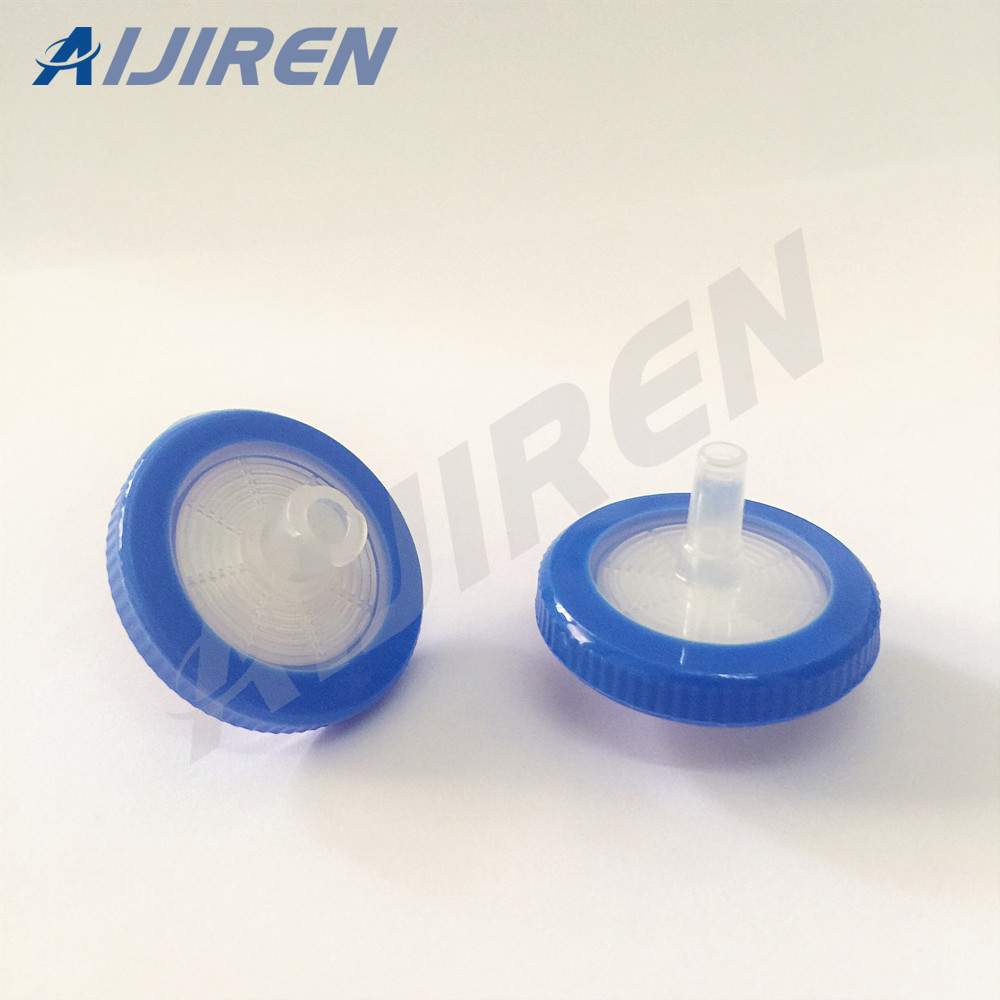
-1.jpg)
